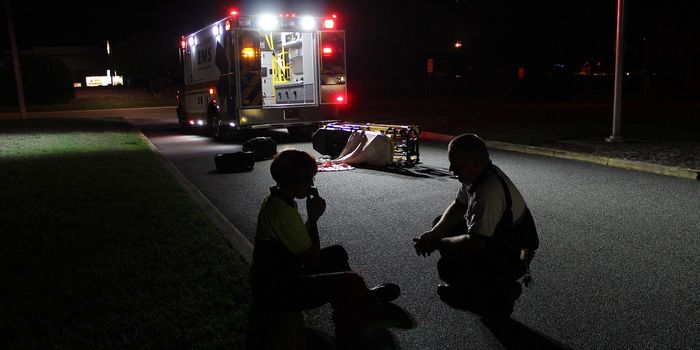Stroke Doubles Risk of Dementia
Over 15 million people suffer a stroke worldwide each year, with 5 million deaths and another 5 million becoming permanently disabled. In the United States alone 795,000 people suffer a stroke, leading to an average of one stroke every 40 seconds. Currently, 47 million people worldwide live with dementia, with cases estimated to almost triple by 2050. Previous studies have established a relationship between stroke and dementia, but a recent study in Alzheimer’s & Dementia: The Journal of the Alzheimer’s Association sought to quantify the degree to which stroke increased dementia risk.
A stroke occurs when the flow of blood to your brain is interrupted and reduced leading to deprivation of oxygen and nutrients which causes brain cells to begin to die. Blocked arteries or leaking or bursting blood vessels can all cause stroke. Dementia is not caused or limited by one disease but can be caused by a variety of brain illnesses that lead to impairment of memory, thinking, behavior and the ability to perform normal daily activities. Dementia that occurs after a stroke referred to as vascular dementia, is the second most common dementia type after dementia associated with Alzheimer’s disease.
Researchers at the University of Exeter Medical School analyzed data on stroke and dementia risk in people across the world to elucidate the link further. The researchers analyzed data from 36 studies totaling 1.9 million people with a history of stroke, with an additional 12 studies examined for participants who had a recent stroke while the study was being carried out, adding 1.3 million people for a total of 3.2 million participants.
The analysis found that a link between stroke and dementia existed even when accounting for other risk factors such as blood pressure, diabetes, and cardiovascular disease. History of stroke increased dementia risk by approximately 70% with recent stroke doubling the risk. The difference observed from study to study may be due to stroke characteristics such as location and extent of brain damage, this may play a role in dementia risk variation. Future studies will take into account factors such as ethnicity and education to see how dementia risk follow stroke may differ when considering various patient characteristics. Factors such as post-stroke care and lifestyle will also be studied to determine if differences in these may reduce the risk of dementia further. It is possible that improvement in post-stroke care could play a key role in dementia prevention.
On the importance of the study, Dr. David Llewellyn, from the University of Exeter Medical School, concluded: "Around a third of dementia cases are thought to be potentially preventable, though this estimate does not take into account the risk associated with stroke. Our findings indicate that this figure could be even higher, and reinforce the importance of protecting the blood supply to the brain when attempting to reduce the global burden of dementia."
To learn more about dementia and stroke watch the video below.
Sources: Alzheimer’s & Dementia, Stroke Center, Mayo Clinic, World Health Organization









